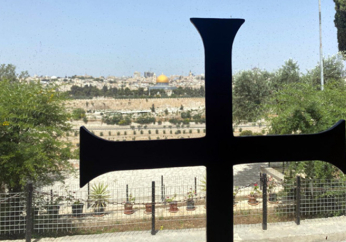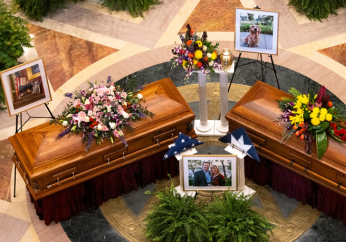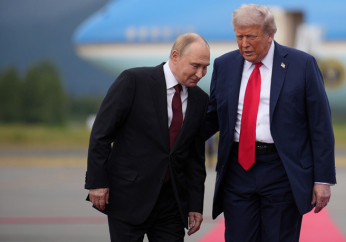
A stirring call to reactivate the Church as a movement
Evangelicals yearn to see crowds entering God's Kingdom and this is legitimately happening in some parts of the world, commonly known as people movements. By removing some persistent barriers, it is possible to see the Church reactivated as a movement, even as it already is in some of the most hostile of contexts. This opinion links to a statement that encourages the Church worldwide to reactivate itself to once again see crowds coming to Christ.











